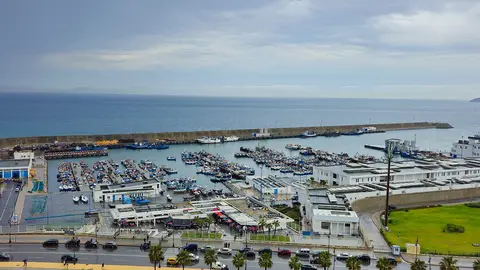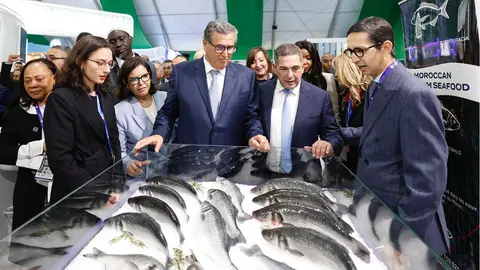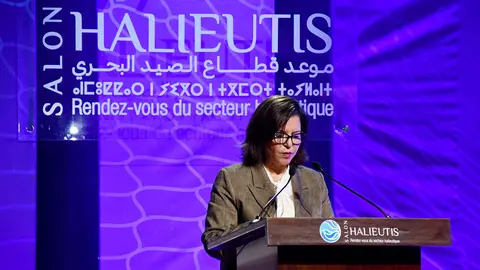Morocco strengthens cooperation with Mauritania and Libya in the fishing sector
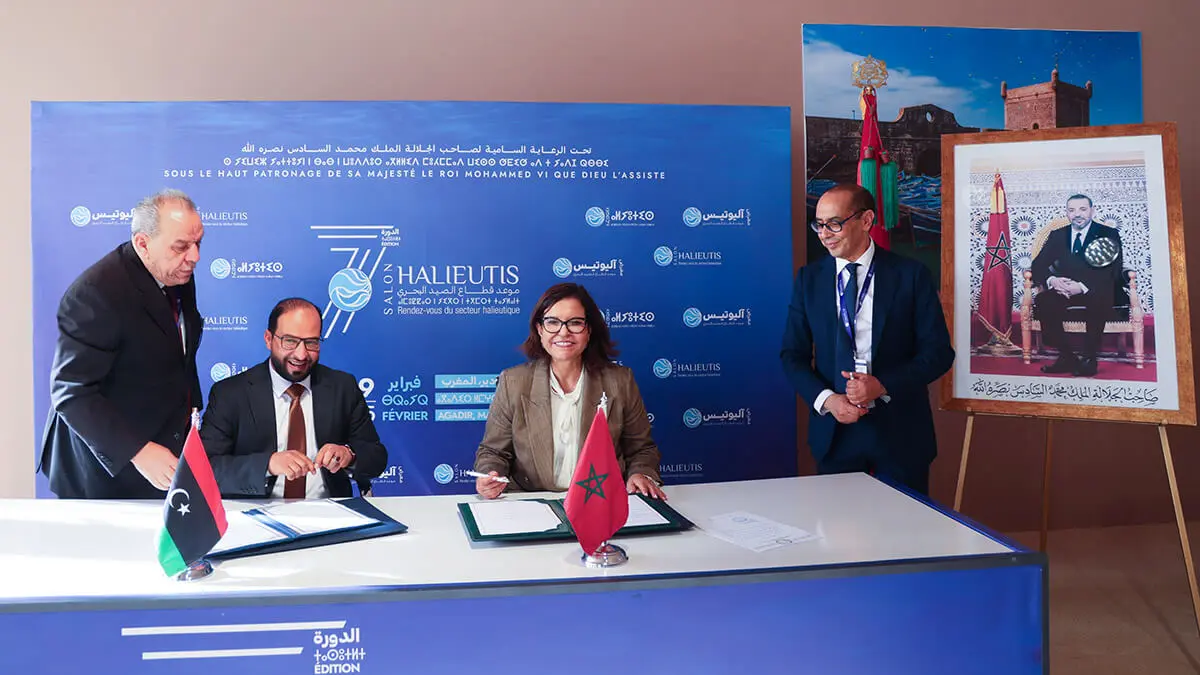
- Cooperation between Morocco and Mauritania
- Morocco and Libya cooperate on the development of fishing
Within the framework of South-South cooperation, Morocco has adopted several initiatives to consolidate its role as regional leader in the fishing sector and promote mutually beneficial cooperation with African countries.
Thus, on the occasion of the seventh edition of the International Halieutis Exhibition, the Secretary of State for Sea Fisheries, Zakia Driouch, has initiated talks with her North African counterparts in order to strengthen cooperation ties in the fishing sector.
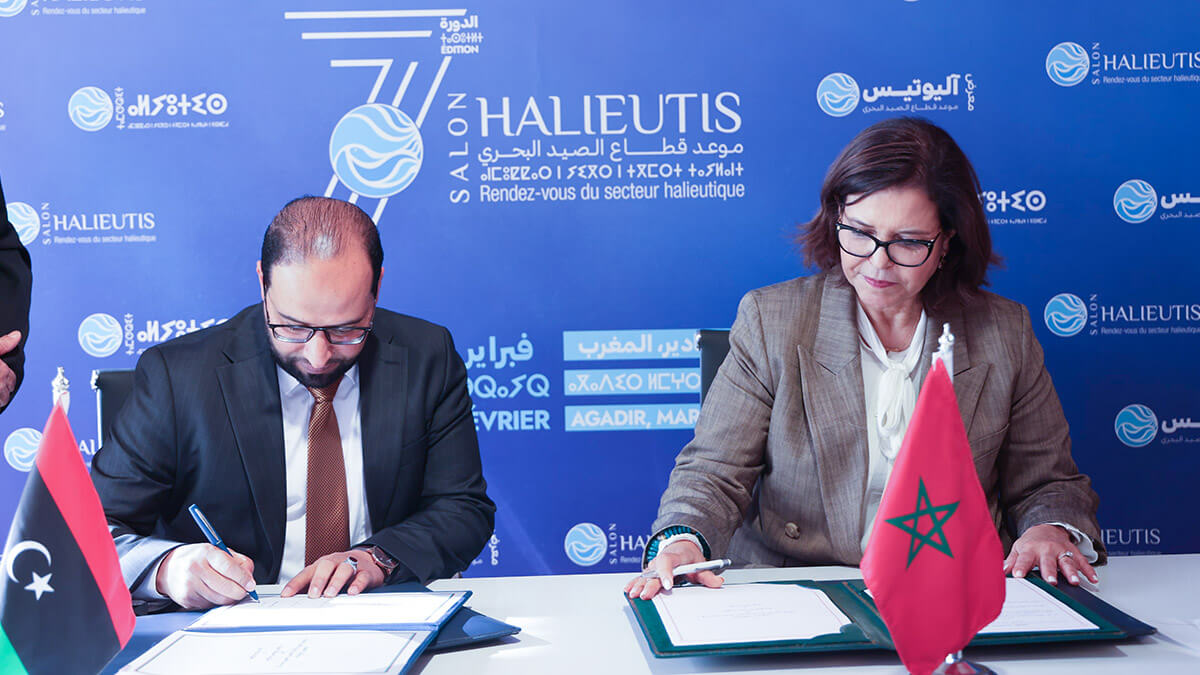
The most notable examples of this cooperation are the collaboration agreements signed by Morocco, Mauritania and Libya to improve the performance of the fishing and aquaculture sector, capable of generating stable employment for the population of coastal areas.
The signing of new agreements in the field of fisheries research and professional training represents a new boost for bilateral relations between these countries.
Cooperation between Morocco and Mauritania
On the fringes of the Halieutis Exhibition, Morocco and Mauritania held the second session of the Joint Commission in Agadir on 7 February, chaired by Zakia Driouich, Secretary of State for Sea Fishing, and Sidaty Ahmed Louly, Mauritanian Minister for Fishing, Maritime and Port Infrastructures.
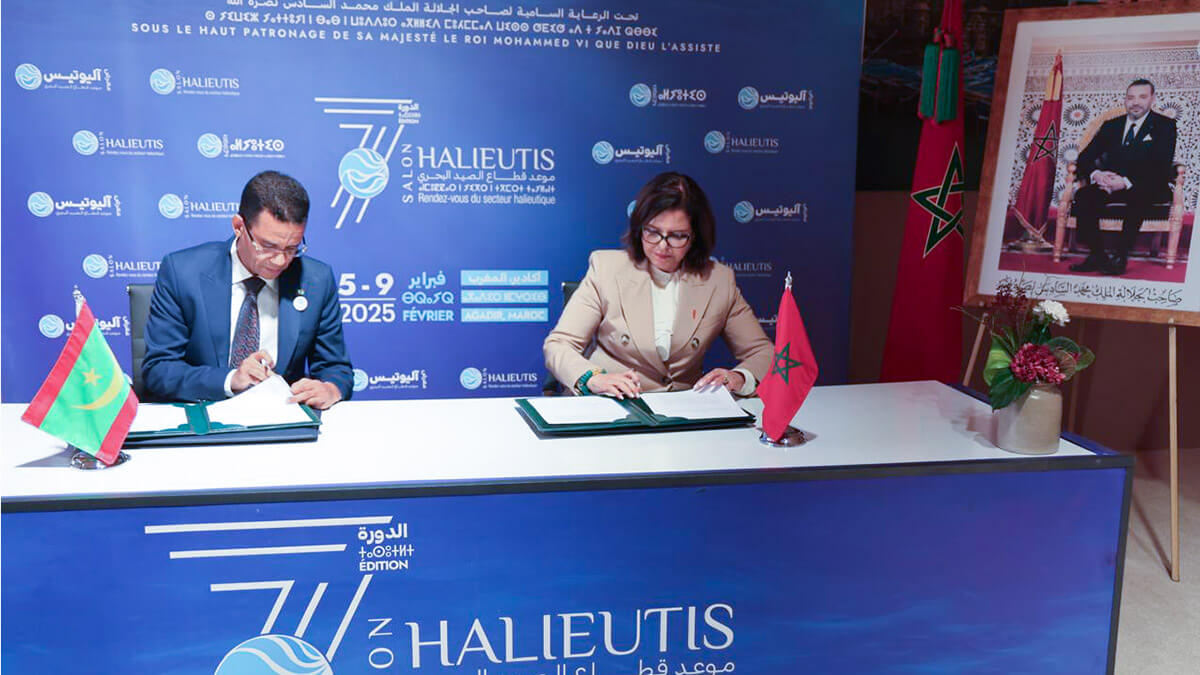
This sectoral Joint Committee is part of the cooperation agreement that links the two countries in the field of maritime fishing, aquaculture and the effective application of the provisions of the agreement signed in Rabat on 11 March 2022.
In this sense, both parties have praised the quality of the bilateral relations that unite them, based on mutual respect and serious and fruitful cooperation. It should be remembered that the first fisheries cooperation agreements between the two countries date back to 1979 and 2000.
During the meeting of the Joint Commission between Morocco and Mauritania, three new agreements were signed to strengthen cooperation in the areas of:
- Health and animal health surveillance, signed between the National Institute for Fisheries Research (INRH) and the National Office for the Sanitary Inspection of Fisheries and Aquaculture Products (ONISPA).
- Fisheries research 2025-2026, signed between the National Fisheries Research Institute (INRH) of Morocco and the Mauritanian Institute for Oceanographic and Fisheries Research (IMROP).
- Maritime training, signed between the Higher Institute of Maritime Fisheries (ISPM) - Agadir and the Higher Institute of Marine Sciences (ISSM) - Nouadhibou.
The aim of this cooperation between the two parties is to implement cooperative actions in the fields of maritime training; scientific and technical research; aquaculture; fisheries management; industries for the processing and optimisation of fish products; the fight against IUU fishing; maritime rescue; the commercialisation of fish products and the strengthening of the partnership framework between professionals.
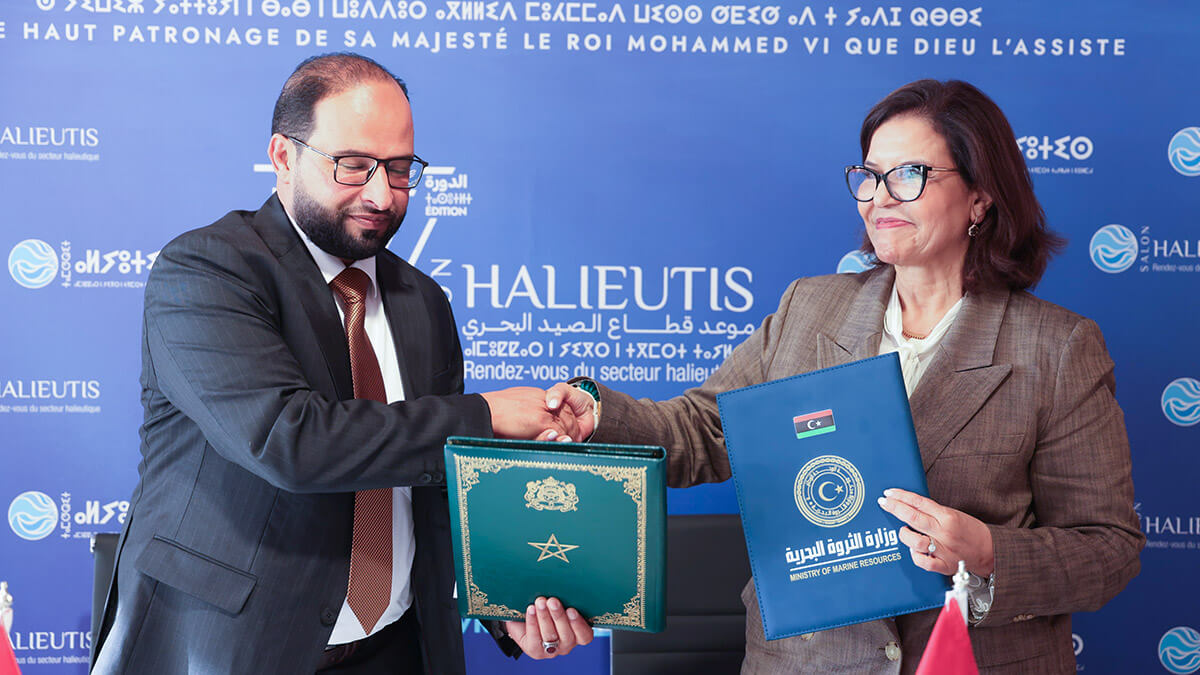
Morocco and Libya cooperate on the development of fishing
As well as Mauritania, Morocco has also signed cooperation agreements with Libya. Thus, Zakia Driouich, Secretary of State to the Minister of Agriculture, Maritime Fishing, Rural Development, Water Resources and Forestry, in charge of Maritime Fishing for the Kingdom of Morocco, and Adel Sultan, Libyan Minister of Marine Resources, signed a cooperation protocol in the field of maritime fishing and aquaculture on 6 February.
The signing of this agreement demonstrates Morocco's desire to strengthen its sectoral cooperation and develop mutually beneficial partnerships in terms of the sustainable management of fishery resources and the development of their respective blue economies.
This protocol is also part of the common desire of both countries to strengthen their historic relations of friendship and cooperation, with an emphasis on the sustainable development of the fishing sector. Aware of the strategic role of fishing and aquaculture in economic and social development, as well as their contribution to food security, Morocco and Libya have agreed on a structural framework for enhanced collaboration.
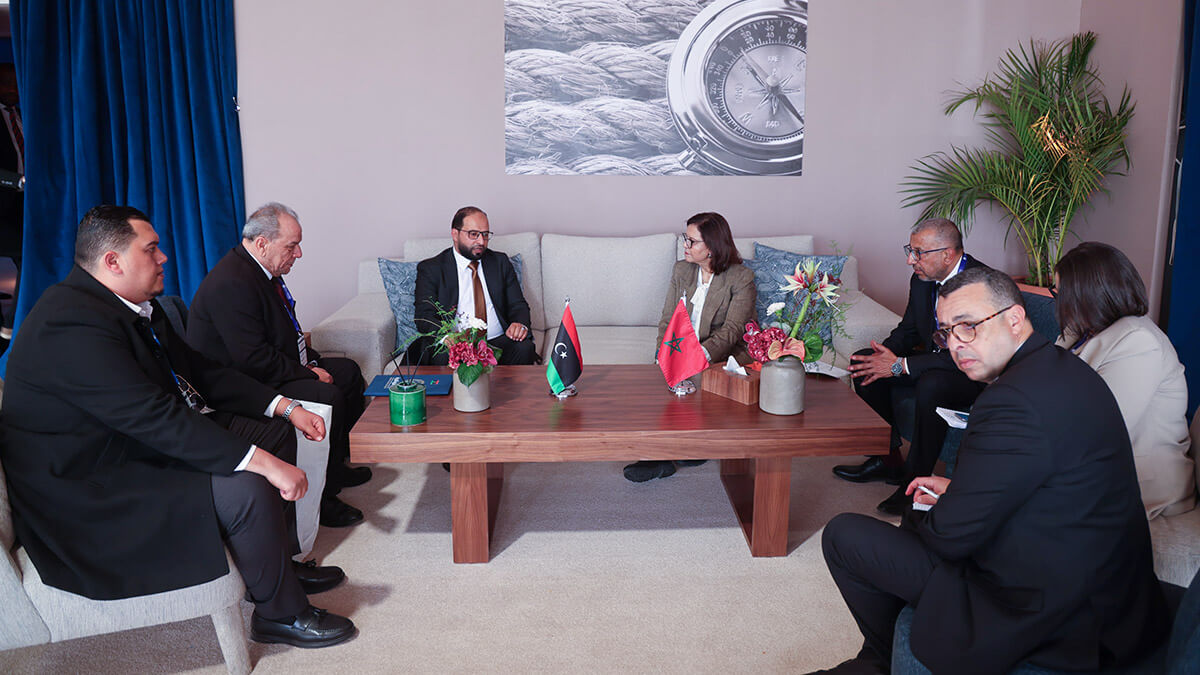
With an initial term of five years and tacitly renewable, the protocol establishes a Joint Commission responsible for monitoring its implementation and evaluating the actions undertaken in the following strategic areas:
- Capacity building through training and the exchange of specialised knowledge.
- Scientific cooperation through joint research.
- Improving the processing and marketing of seafood, as well as the monitoring and control of fishing activities.
- Promoting joint investment between economic actors and coordination in international forums to defend shared interests.

